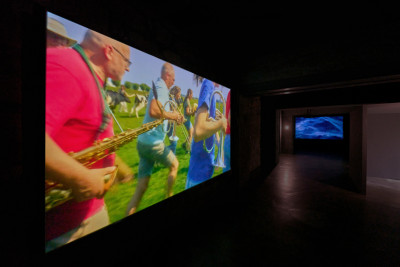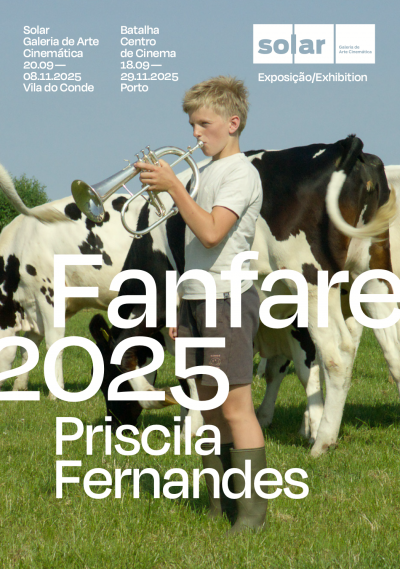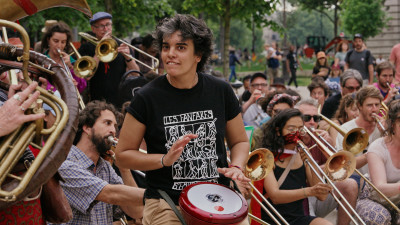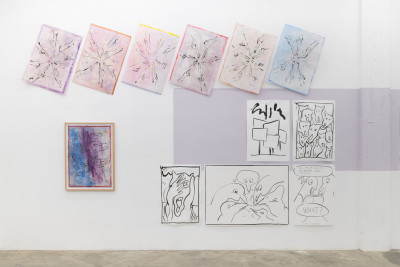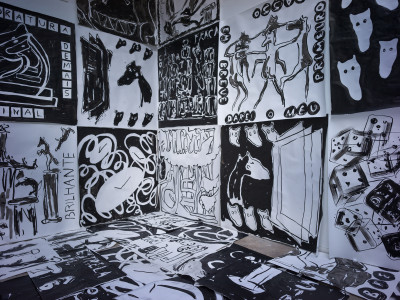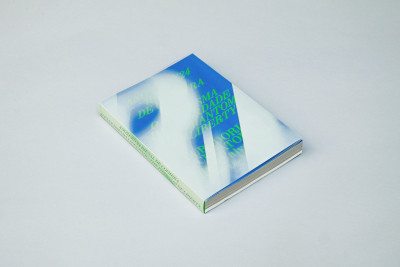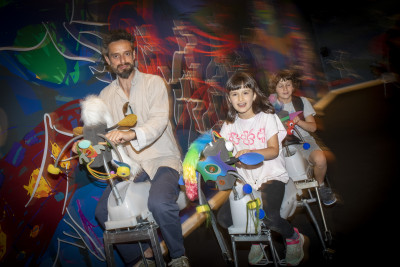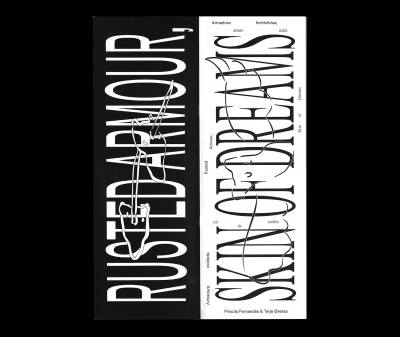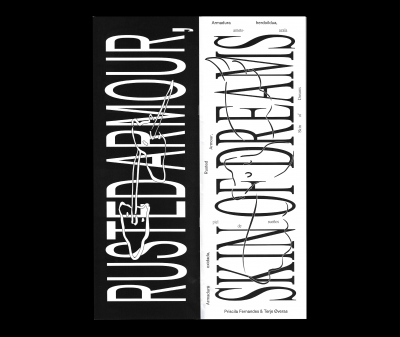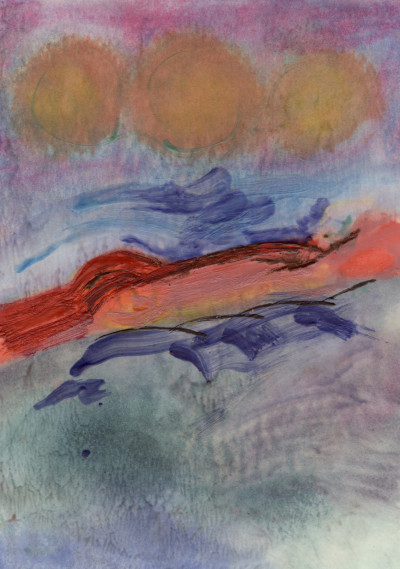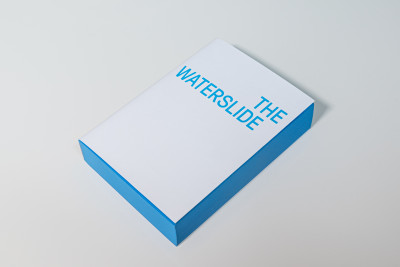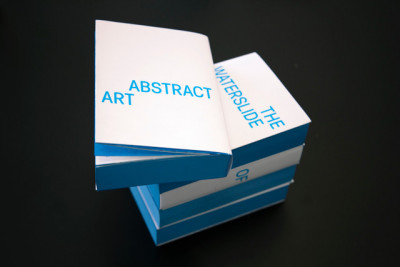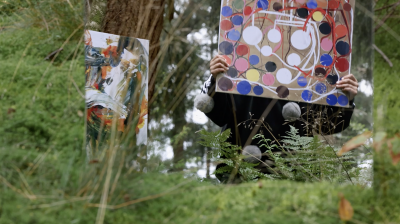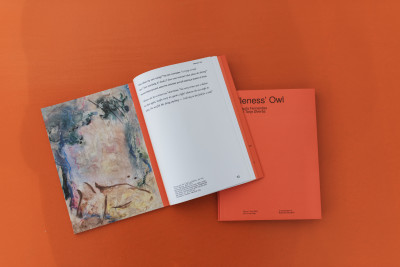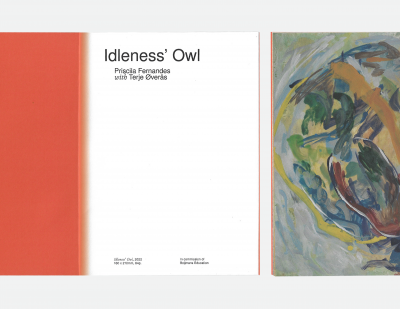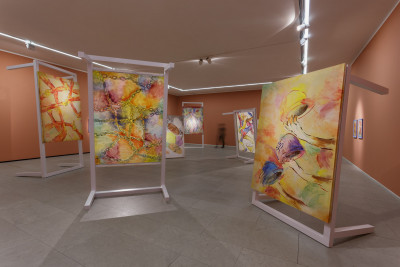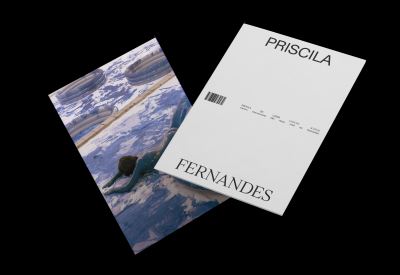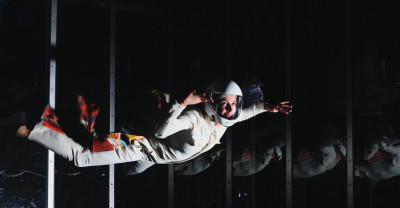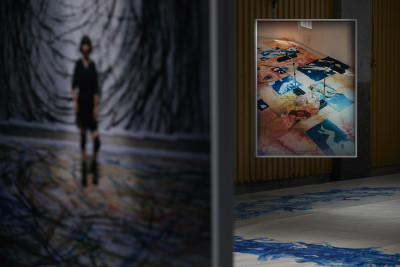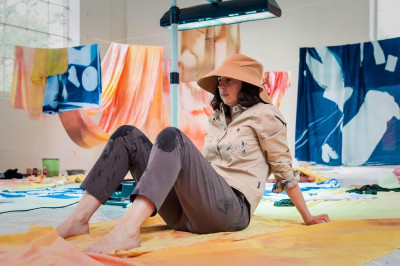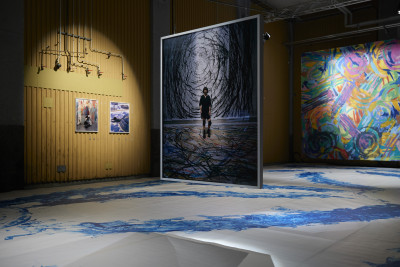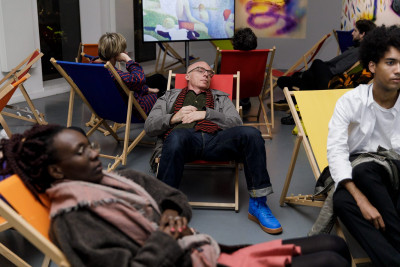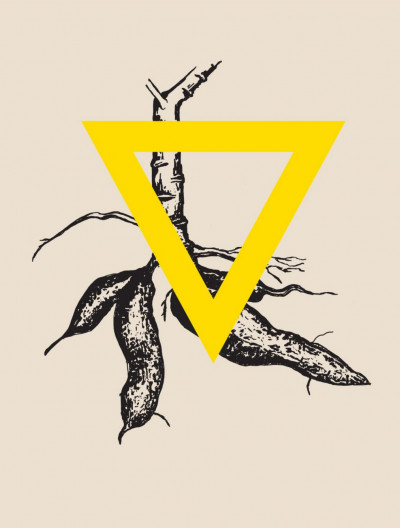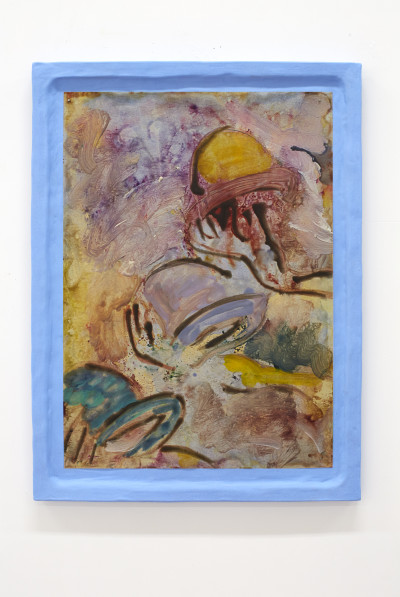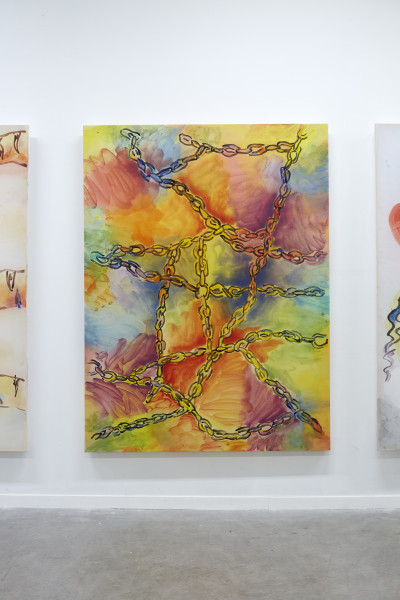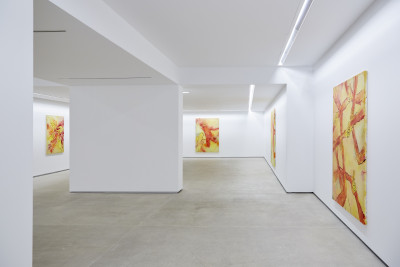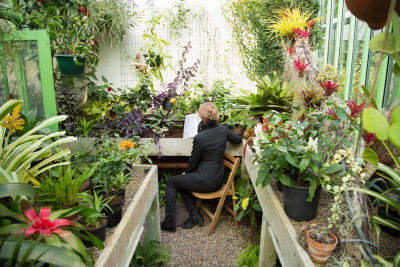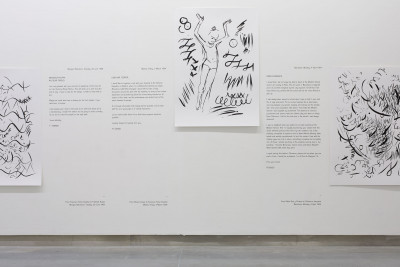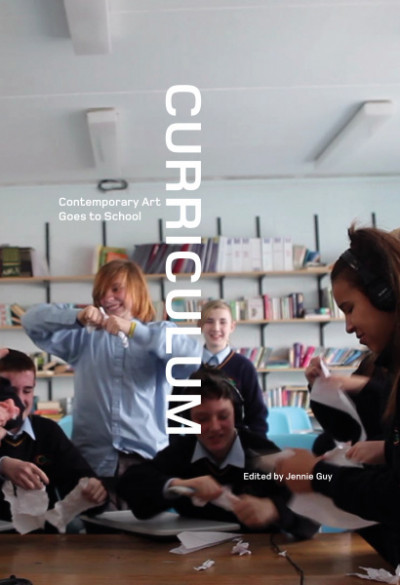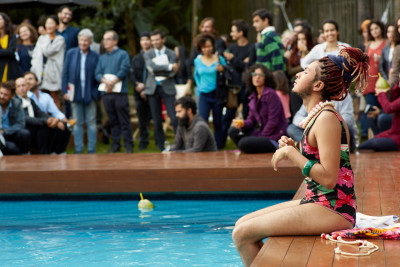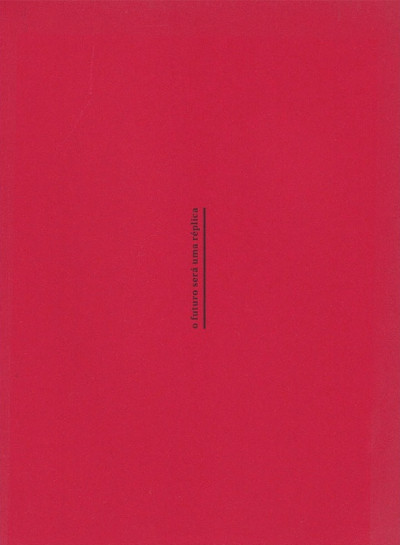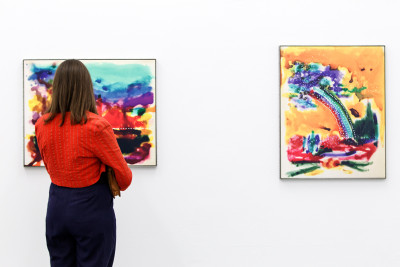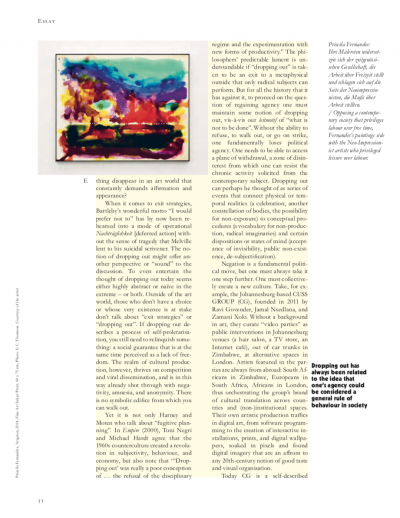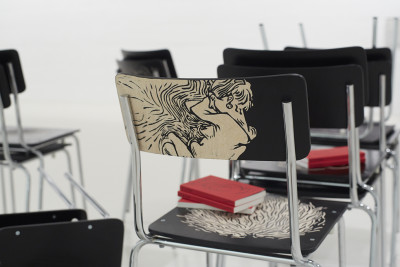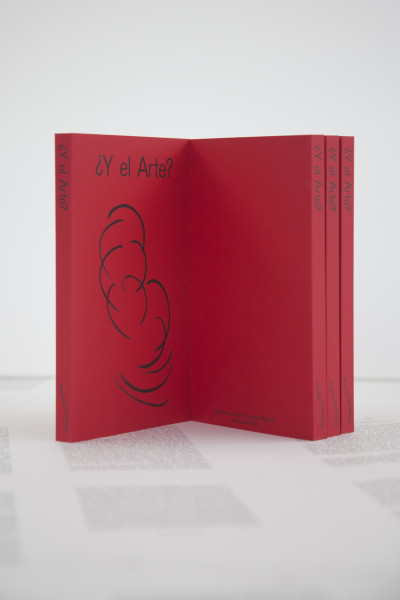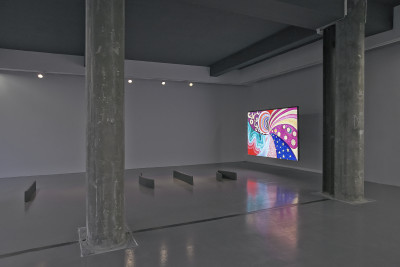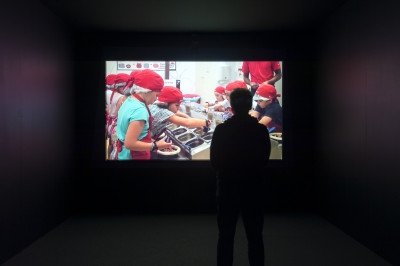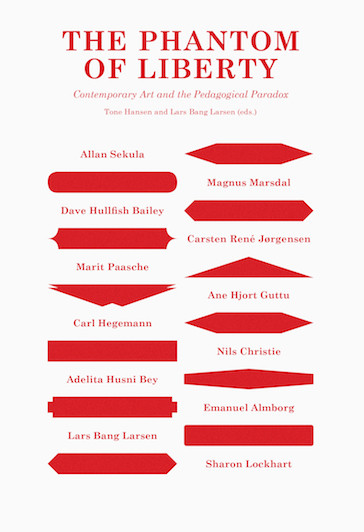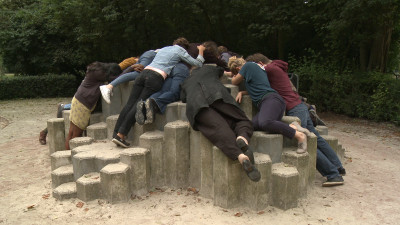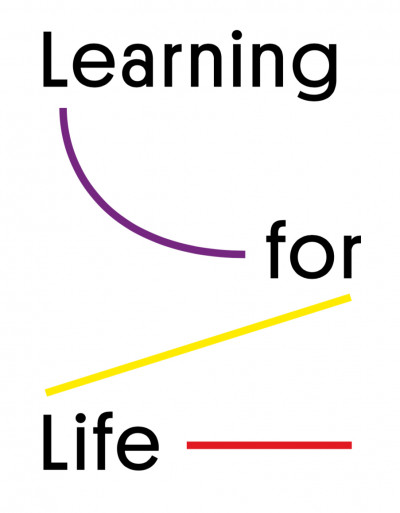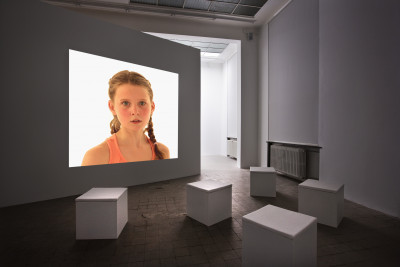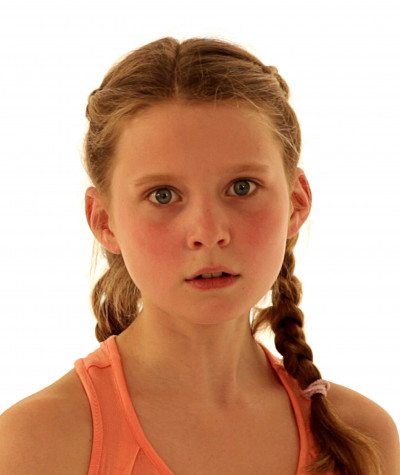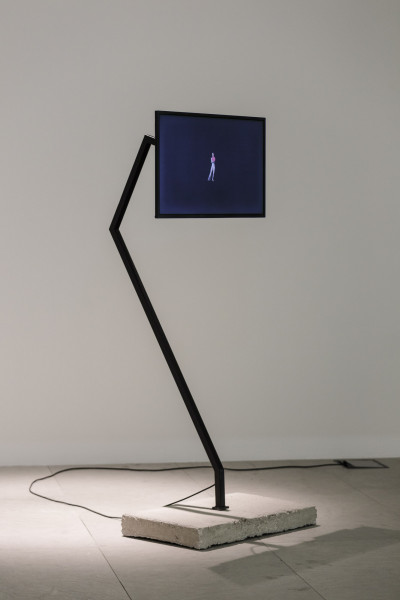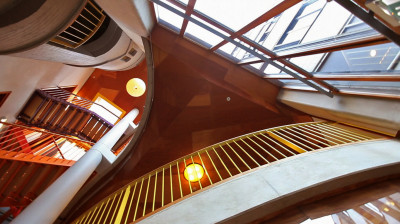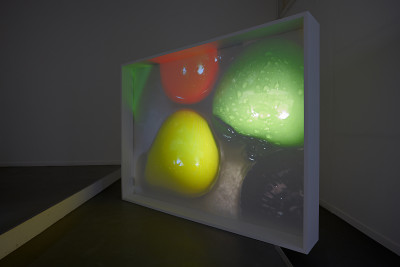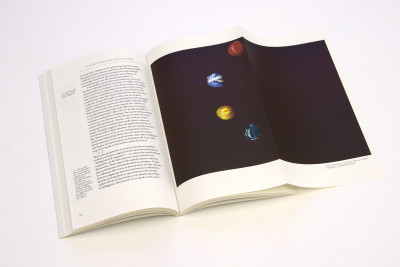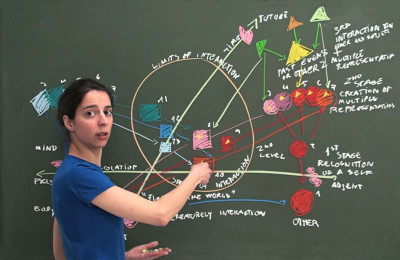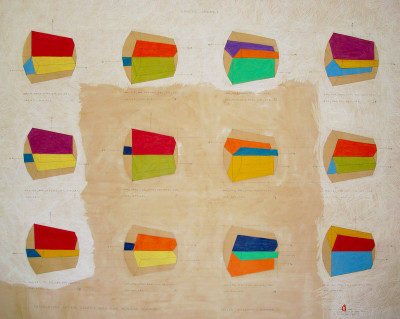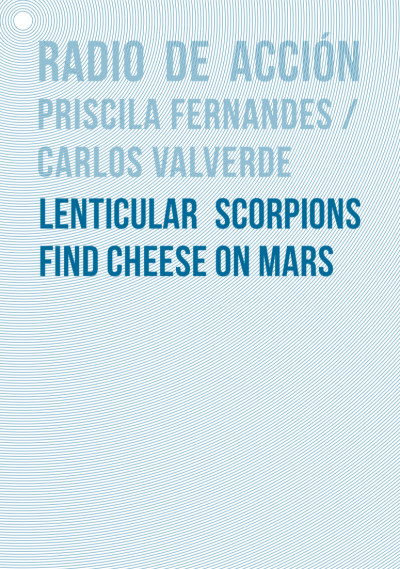Alba Folgado
In occasion of the solo exhibition Leisure Studies at Köttinspektionen, SE
Published in 2025
By Köttinspektionen
With sort of a serious, almost academic title, as if referring to a study programme, artist Priscila Fernandes (PT/NL) invites us to an exhibition about play and leisure, in which drippings, paint strokes and body silhouettes take over the space.
It was after many struggles that, in the 20th century, workers began to enjoy the benefits of free time and paid annual leave. Beginning with state employees, most of countries across the world stablished these breaks in response to unions’ and workers’ demands. Now, they could rest, but also face the question of what to do with the hours and days liberated from work. It was not longer exclusive to an elite to enjoy such a benefit but extended to a vast number of workers. Though their acquisition power was lower, they were considered important to newly created businesses which sought to profit from worker’s free time. Amusement parks, roller skates, swimming pools and all sort of accessories, along with spaces for leisure and relaxation began to pop up.
Fernandes draws a connection here between the advent of such devices and many 20th-century Abstract Painting movements and their pictorical explorations. She finds parallels in key moments in art history and leisure development, such as Yves Klein’s study of bodies in his iconic blue and the invention of the first inflatable swimming pool. These are moments of (re)creation that speak to us about the opening of a new imaginary, where the understanding of art is influenced by our experiences of leisure and play.
Sporting roller skates as unexpected brushes, Priscila Fernandes proudly poses with a large-scale painting behind her, all created after what seems to have been a fun exercise of skating for hours with a large paintbrush. It is with these gestures, and in a way homages to Abstract Painting, that the artist explores ways of subverting the complex relationship between productivity and leisure, and the increasingly commodified nature of our free time. Her work seems to raise the question: how can we leave aside work-like designs for toys or the understanding of leisure as an expanded dimension the productivity logic?
Köttinspektionen, a place whose architecture and name states a clear connection to past labour activities - those of meat inspection and a car washing - now becomes the perfect scenario for “Leisure Studies”. Its walls, ceiling, and floor, are now shelter for the works of Priscila Fernandes, including a new large-scale painting that covers the main room and invites us to dive into the idea of play, both as an accomplished utopia and a form of revenge against productivity.
This exhibition was made possible with the support of Mondriaan Fonds, NL, the Swedish Art Council, and Uppsala Municipality.
READ MORE...
